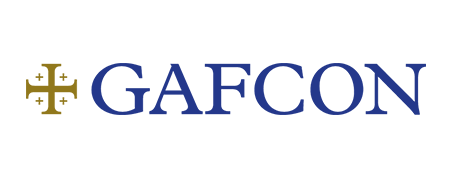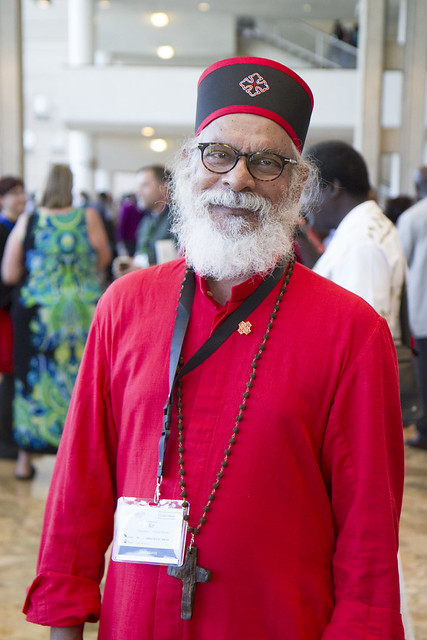Reading the Gospel for Asia press release about the settlement of Murphy v. GFA (RICO lawsuit), one might think GFA came away vindicated. In the settlement document, GFA proclaimed their innocence and both parties agreed that all funds given by donors “to the field” went “to the field.”
Read the Murphy v. GFA Settlement
However, GFA still isn’t being transparent with the public on multiple counts. The “field” is a big place and just because funds get to Asia doesn’t mean they were spent as designated by donors. In the course of discovery, we learned that GFA interprets “the field” as being the banks where funds are deposited after they leave GFA in Texas. Yes, funds were sent to “the field” but that doesn’t mean donor intent was honored once those funds left Wills Point, TX. The plaintiffs did not stipulate to that, nor did the settlement document attest to that.
In the past, I have provided evidence that GFA has collected funds to send to Asia but used them for purposes other than intended by donors. A tax court in India also asserted the same thing. Then, there is the matter of $20-million which came back from Asia to help finance the Texas headquarters. Donors did not give $20-million to finance a compound in Wills Point, but at least some of those funds first went to the field before they came back to Texas for purposes other than what donors intended.
Furthermore, GFA still isn’t being transparent with donors about the charity registration situation in India. GFA and Believers Church in India lost their registration status in India and cannot directly take foreign contributions. No doubt GFA is sending funds to shell organizations in India but this flaunts the law there. I and others have repeatedly asked GFA how Bridge of Hope and flood relief funds are getting to Indian recipients, but they have given false answers. If GFA is actually going to try to get membership again in the Evangelical Council for Financial Accountability, the organizational leaders will have to be accountable to the public.
Although most of the GFA board remains intact, Garland Murphy and one more outsider will join the board soon. In addition, a subcommittee of the board –which does not include Yohannan or his son — will report to the federal judge for three years. All of this should make the board more transparent. When GFA will not answer questions or provide answers, I know two board members who will have no incentive to keep any secrets.
More than transparency, I hope the board becomes independent. The board will be required to learn about fiduciary responsibility and act accordingly. Given the precarious place K.P. Yohannan has taken GFA in recent years (loss of ECFA and NRB memberships, loss of recognition with federal government’s giving campaign, RICO lawsuit, etc.), I have to believe any reasonable board would have to look at his status as CEO. The track record isn’t good. Perhaps it is time for the board to act in the interest of GFA.
In short, GFA lives on but has not yet been vindicated.


